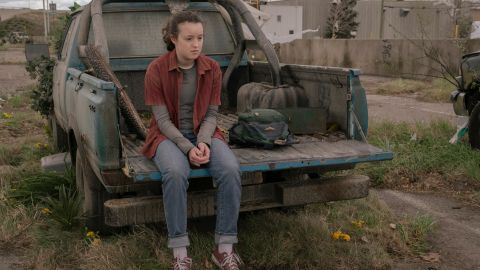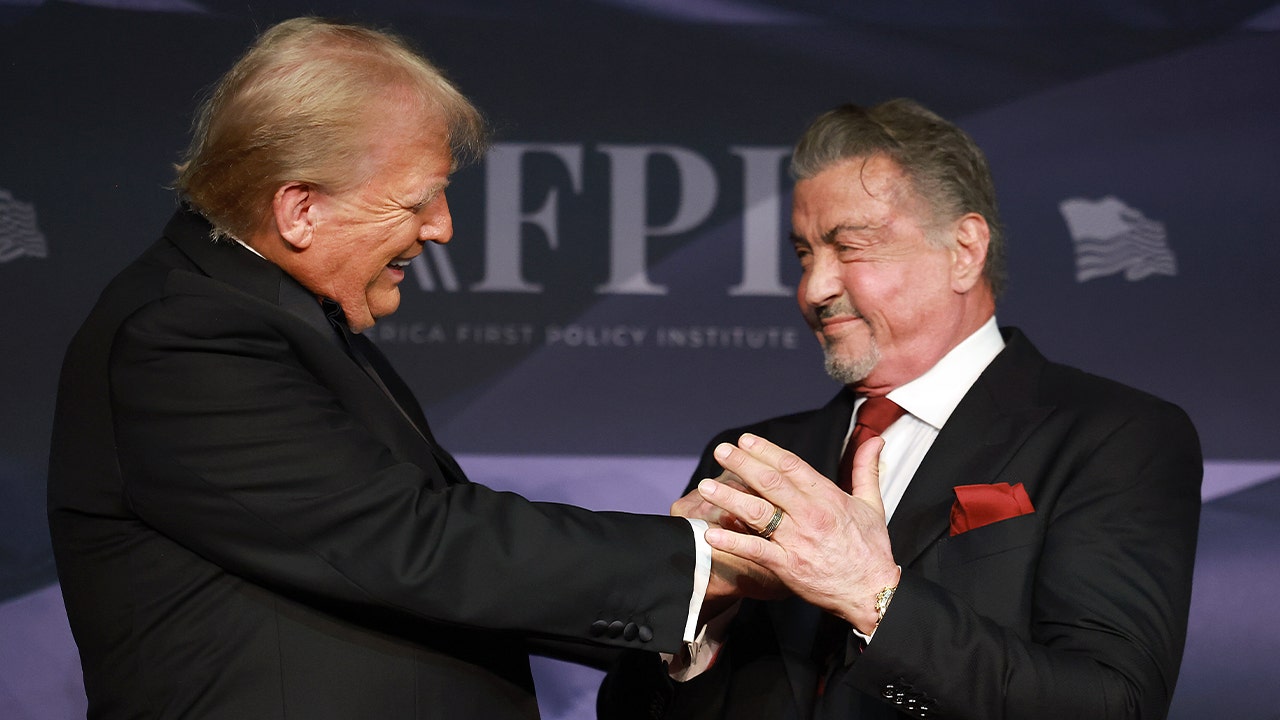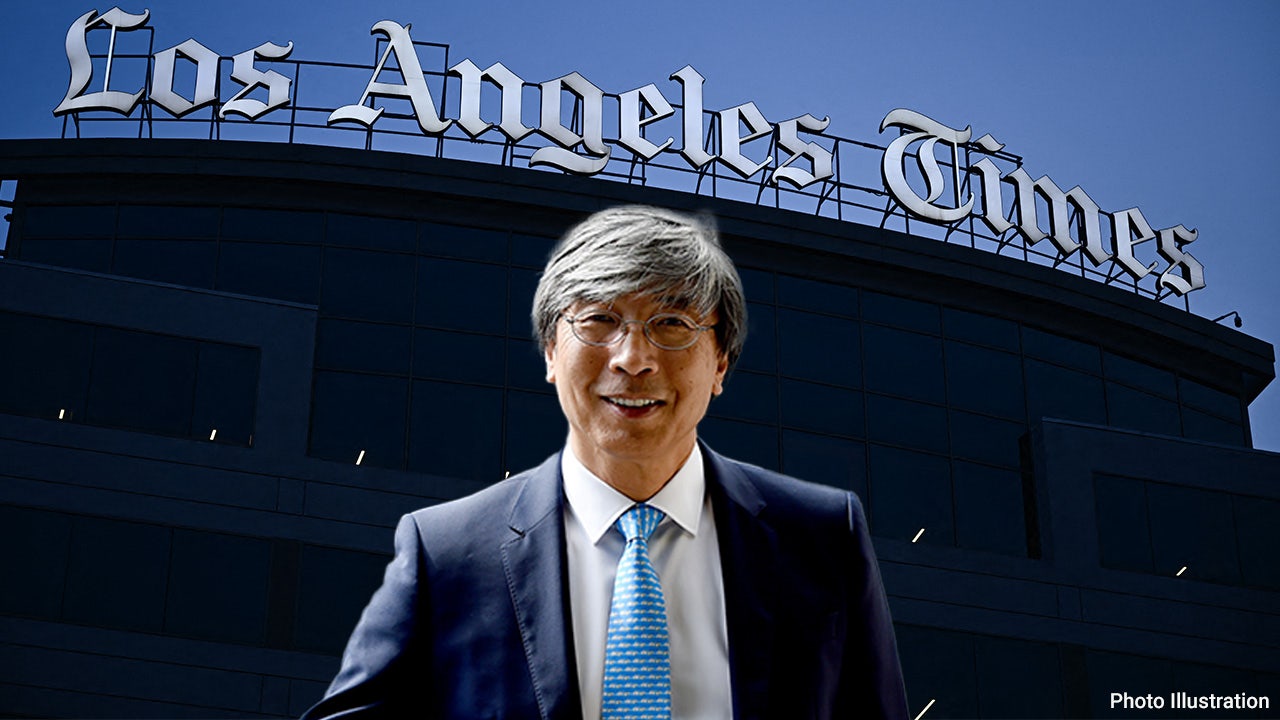Editor’s Note: The following contains spoilers about the season finale of “The Last of Us,” which premiered on March 12.
CNN —
What if potentially saving the world came down to sacrificing an innocent teenager? That was the brutal choice presented by the season finale of “The Last of Us,” and the destination, with the benefit of hindsight, to which every step of this road had been leading.
If the series “Heroes” popularized the line, “Save the cheerleader, save the world,” “The Last of Us” turned that on its head, wrenchingly so, by demanding the death of a teen, Ellie (Bella Ramsey), in order to achieve the same hoped-for effect.
Having lost his daughter at the outbreak of the apocalypse, Joel (Pedro Pascal) was hardened and bitter when originally tasked with escorting Ellie across the country, where her immunity to the virus might provide hope for humanity.
The two gradually bonded, however, in the course of their (very eventful) travels, and when he called her “baby girl” when they were reunited at the end of episode eight, there was a tenderness that indicated just how far the relationship had come.
The episode began with a flashback to Ellie’s birth and her mother’s cruel fate, a kind of origin story similar to Marvel’s Blade (his mother was bitten by a vampire while giving birth to him) in the comics. It also established that Marlene (Merle Dandridge), now of the Fireflies, had known of Ellie since those events, deepening her history with the character.
All that built toward the seemingly inevitable payoff, when Joel and Ellie reached the facility that they had labored and struggled to find, only for him to learn that the potential panacea she carried was buried deep within her brain. Doctors might be able to harvest it and produce a cure, but the girl would have to die as a consequence.

While Ellie had seemed ready for such a possibility – “There’s no halfway with this,” she told Joel before they arrived – that prospect was simply too much for him to bear, despite Marlene’s not-unreasonable argument that sparing her would only prolong the inevitable at the expense of everyone else.
“You can’t keep her safe forever,” Marlene noted, pointing out that if he balked at the procedure, Ellie would go on living “in a broken world that you could have saved.”
Yet for Joel, letting her die was no choice at all. Unpersuaded by Marlene’s logic, he escaped his captors, freed Ellie and killed, well, pretty much everyone who got in his way. He then followed that by lying to the girl, telling her the scientists had “stopped looking for a cure,” and summing up his personal evolution by saying in terms of finding a reason to live, “If you just keep going, you find something new to fight for.”
Viewers can (and should) debate the morality of that, and the whole “needs of the many” versus any one person debate that it invites. Dramatically speaking, though, it’s hard to argue with the impact of those closing moments, and the bleakness it augurs for a future that Joel has seemingly deprived of its one ray of hope.
Whatever the finale means for “The Last of Us” going forward – into a second season and likely beyond – it added one last emotional haymaker in a season punctuated by them. Along the way, Joel clearly found something to fight for, and chose that renewed purpose over the promise of a better world.
The decision wasn’t rational, but like much of what the series has remarkably produced in bringing the game to the screen, it was executed with a whole lot of heart.
(Like CNN, HBO is a unit of Warner Bros. Discovery.)
.png)
 1 year ago
6
1 year ago
6










 English (US) ·
English (US) ·